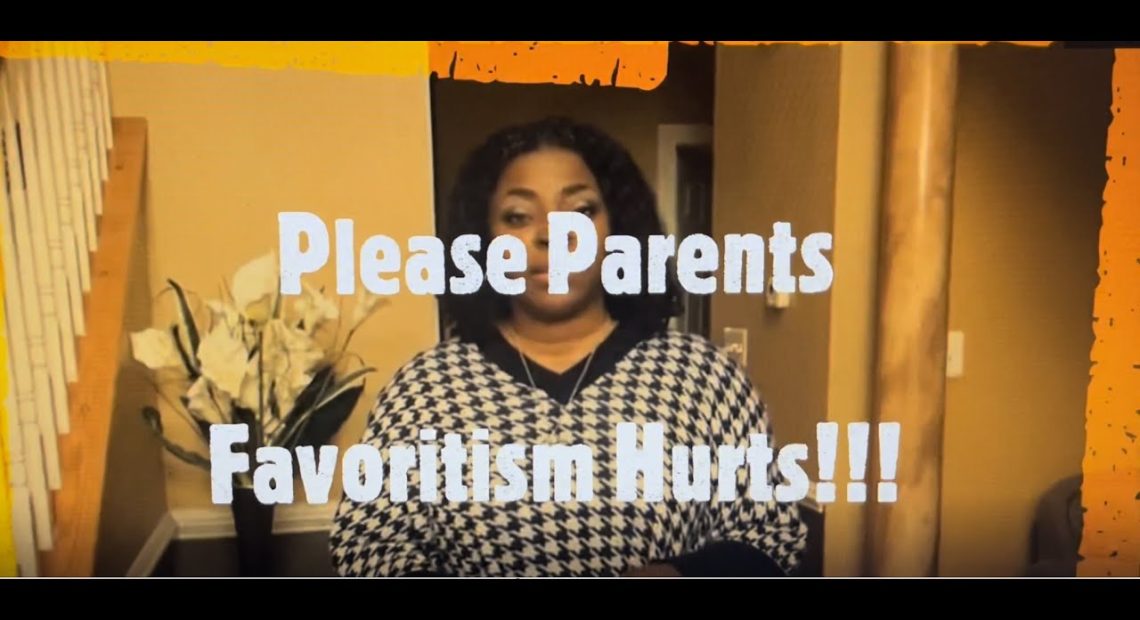

By Olaitan Oye-Adeitan
Gbenga and Wura(Pseudo names) are siblings.However, for about ten years, their relationship was estranged due to hostilities stemming from their parents’ favouring Wura over Gbenga who is the elder brother.
They both lived in the same house, yet they weren’t greeting each other.Gbenga exhibited so much hatred for Wura,while Wura disrespected her brother even in the presence of her friends, a situation that compounded the problem.
The stiffness in this family tie lingered till they became adults and after the demise of their father. It was so bad that attempt by a relative to settle the rift did not yield the desired result. Gbenga said categorically, “no one could settle what their parents caused.”
While there’s the natural tendency for a child to win the heart of a parent or both, not every parent has been able to manage the feelings.
This life story tells of how as parents, you may be inadvertently fostering rivalry among your children by displaying favouritism as also revealed in the experiences of other children captured in their different excerpts.
Expressions such as “Oh!, that’s my girl, you won’t be like your sister or brother, Can’t you see that your brother/ sister behaves better than you or is more brilliant than you?” are all indicative of parental favouritism. The truth is, kids can be so intuitive about the presence of favouritism in their family.
Parental favoritism can create an environment of inequality and resentment among siblings.
Psychologists say, unfavored children may experience negative emotions, depression leading to withdrawal, develop low self-esteem and nurse the feeling of incompetency, sadness,anger, hatred, jealousy, throughout their lives due to lack of parental affirmation and affection.
On the other hand, a child that is endeared to the parent may develop an overbearing attitude and disrespect other siblings, moving around with so much pride.
These feelings can fester over time, forming the foundation for generational hostility that can permeate adult lives.
Generational hostility stemming from parental favoritism isn’t confined to childhood. As children grow into adults, the bitterness they harbor can manifest in strained family gatherings, passive-aggressive behavior, and even estrangement. The cycle may continue as they, in turn, unknowingly exhibit favoritism in their own parenting styles.
Unfortunately, the effects ripple through the lives of family members, creating emotional scars that can echo across generations, influencing interpersonal relationships and overall well-being of individuals and family life.
Due to the consequences of parental favouritism, it is necessary that the cycle be broken before generations unborn catches the strange fire.
Therefore, parents should open conversations within the family to help in understanding how each member feels and foster empathy.
Engage in activities that bring the family together. Shared memories and experiences can help bridge the gap between generations and mend old wounds.
Family therapy or counseling can also provide a safe space to address underlying issues and rebuild strained relationships
As parents,do not praise or encourage only one child. Learn to treat them equally with the help of God to nurture healthier relationships that span generations. Through this, we can work towards creating a more harmonious and supportive family environment that would be sustained well after we may have departed the world.
Join me next week,for more on parenting.You can follow the author on Facebook Olaitan Oye-Adeitan.
Subscribe to our Telegram and YouTube Channels also join our Whatsapp Update Group.